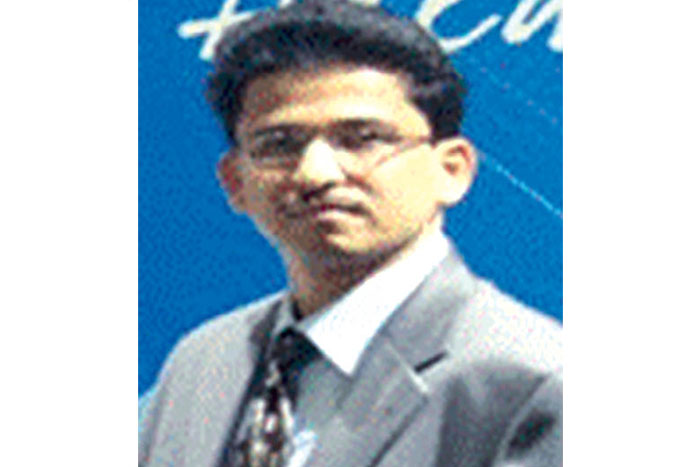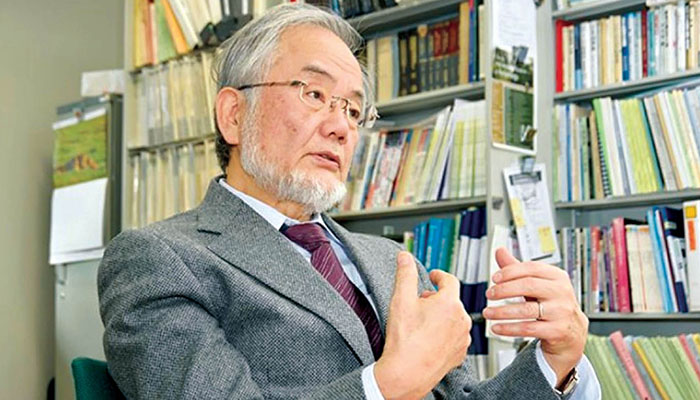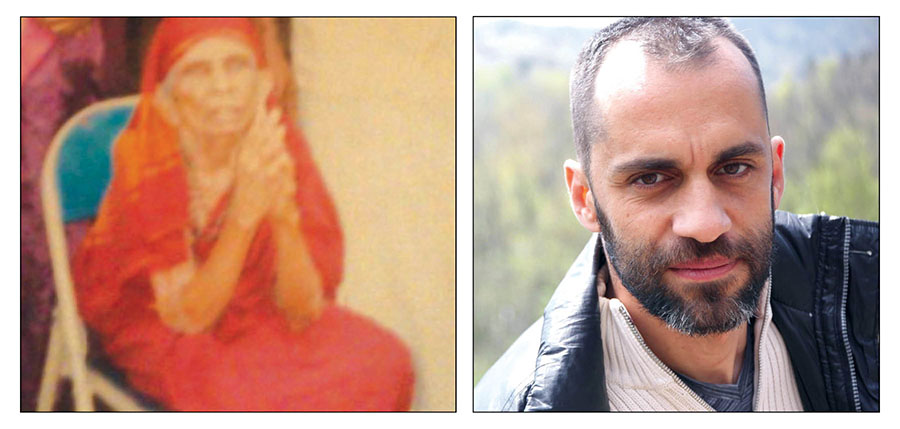This could be why fasting is part of religious observation
By Dr. A. Keshavaraj, US
Many of us have a notion that fasting is a practice observed in a religious framework. May it be the fasting of the Ekadashi practiced in Hinduism or ‘Puasa’ or Roja of Islam, especially observed during the Ramadaan, or the fasting of Lent observed in Christianity or the fasting observed by Buddhist community. All of these are considered as a way to express devotion to God or appease God.
The way in which people observe fasting varies. Some observe strict fasting by not even taking water, while others practice fasting partially in accordance with their capacity and convenience.
I still remember my childhood days. I used to deem it as Ekadashi fasting day, whenever my mother used to feed us with Uppittu and Mosaravalakki. As I grew up and moved onto Pune in connection with my study to pursue Doctorate, I still remember those days as a paying guest, when I was looking forward for Shabudana Kichadi, Sweet Potato and a little bit of Kheer.

Dr. A. Keshavaraj
Most of the people still have the tendency to follow fasting as a ritual involving eating different types of food instead of normal rice. There is a very famous poem in Kannada, ‘Achemaneya Subbammanige Ekadashi Upavasa…’ which gives somewhat real picture of fasting habits of majority of people, though bit exaggerated.
In my opinion and experience, the concept of fasting needs to be understood beyond the religious, traditional or national framework. It is possible to look at fasting from scientific as well as health point of view. I have made an attempt to share some thoughts on fasting based on my experience and learning.
Concept of Autophagy
The famous Cell Biologist of Japan, Prof. Yoshinori Ohsumi is known for his investigative research work on the concept of ‘Autophagy’ which is a normal physiological process in the body that deals with destruction of cells in the body and turnover of the destroyed cell organelles for new cell formation.
While teaching and researching in the Tokyo Institute of Technology, Prof. Yoshinori experimentally proved that by minimising food to the body or by subjecting oneself to starving, the living cells undergoes stress and by the process of autophagy it eats dead cells and destroys attacking viruses and bacteria. Because of this phenomenon, the deadly infectious diseases, cancerous cell growth or neuro immunological disorder can be prevented and controlled. For this great research work, Prof. Yoshinori was honoured with Nobel Prize in Medicine in 2016.

Japanese Cell Biologist Prof. Yoshinori Ohsumi
This doctrine of Yoshinori and his proposition that fasting renders positive effect on our health through effective recycling of dead cells in the body through autophagy is not new to our country. I learned that idea in my childhood days itself from my favourite great grandmother, Yamunajji. She was always religiously following Ekadashi fasting. Yamunanji taught me the significance of the truth of ‘Langanam Paramoushadam’ (means fasting is a great medicine) which was mentioned in Ayurveda and she lived for 105 years.
She continued to follow the Ekadashi fasting throughout her life and never fell sick and had never seen a doctor. Moreover, she acted as a home doctor within home and treated family members who suffered from common cold, fever or diarrhoea with some herbal medicine (popularly called as ajji maddhu).
The topic of grandma’s fasting is now the matter of the fast. Now let me share my own experience related to fasting which interestingly happened recently when I was traveling in another country.
My Croatia trip
Last March, I had travelled to Croatia as a tourist along with my family. We were given a guided tour in and around Croatia by a local tour guide by name Martin Cicac. My acquaintance with Martin in the short span of 2 – 3 days gave me an opportunity to know more about him and his life.
One day, I interestingly noticed that he was fasting throughout the day. I asked him about that. He said that he was observing Ekadashi fasting. I asked him again, ‘Why do you celebrate Ekadashi as a Christian?’ He said, ‘I do not celebrate fasting for religious reasons. I am inspired by ancient Indian knowledge, including Ayurveda and Yoga based on my reading. I am trying to implement a few good practices in my life and Ekadashi fasting is one thing which caused positive effect on my health.’

Yamunajji, Martin Cicac, Local Tour Guide of Croatia.
He further continued, ‘I want to imbibe good things from different countries, the good life values of various religions of the world.’ Actually, Martin inspired me so much that he was not just a travel guide for me that day. Instead he turned out as an inspiring Guru. If a person has a broader perspective, then sky is the limit for learning in this world. Martin is a fiery example for all of us.
By reading this article on ‘fasting’, if at least a handful of readers are inspired to fast in their life, then I will consider that my effort is fruitful.
email: [email protected]








Nice Article though small on EKADASHI,being praised by Indians since the days of Illustrious Kings who used to TRUMPET ie., announce on the previous day as tomorrow, the fsting day EKADASHI.My Grand Mother used to tell Mother-in law & Sister -in -Law had quarreled and observed fasting unknowing on a EKADASHI, which meant by whatever reason fasting on the designated day one in a Fortnight is auspicious and Healthy. Elders say there is No Record the persons have died without food meaning None has has died due to fasting on the designated day as a consequence of fasting.A good Practice from elders of yore.
Great article. I’ve see that grandmother, Yamunajji in person. She is related to us. I’ve seen her in her in the 80’s when she had crossed 100 and amazingly enough her teeth was growing after all had fallen off. What an enriched life she had..